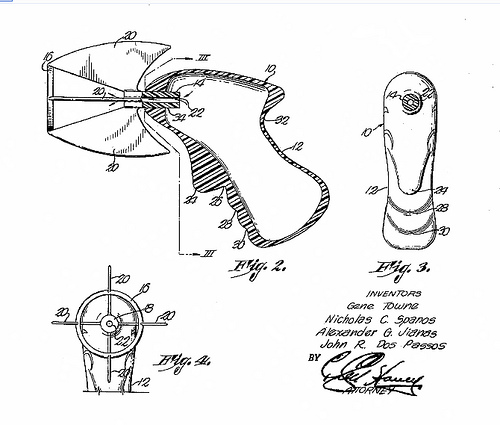SPANKER:
The Property of O— D—.
Saturday, the 16th September next, will be sold, or set up for sale, at Skibbereen:
A strong, staunch, steady, sound, stout, safe, sinewy, serviceable, strapping, supple, swift, smart, sightly, sprightly, spirited, sturdy, shining, sure-footed, sleek, smooth, spunky, well-skinned, sized, and shaped sorrel steed, of superlative symmetry, styled SPANKER; with small star and snip, square-sided, slender-shouldered, sharp-sighted, and steps singularly stately; free from strain, spavin, spasms, stringhalt, staggers, strangles, surfeit, seams, strumous swellings, scratches, splint, squint, scurf, sores, scattering, shuffling, shambling-gait, or sickness of any sort. He is neither stiff-mouthed, shabby-coated, sinew-shrunk saddlebacked, shell-toothed, skin-scabbed, short-winded, splay-footed, or shoulder-slipped; and is sound in the sword-point and stifle-joint. Has neither sick-spleen, sleeping-evil, snaggle-teeth, subcutaneous sores, or shattered hoofs; nor is he sour, sulky, surly, stubborn, or sullen in temper. Neither shy nor skittish, slow, sluggish, or stupid. He never slips, strips, strays, starts, stalks, stops, shakes, snivels, snaffles, snorts, stumbles, or stocks in his stall or stable, and scarcely or seldom sweats. Has a showy, stylish switch-tail, or stern, and a safe set of shoes on; can feed on stubble, sainfoin, sheaf-oats, straw, sedge, or Scotch grass. Carries sixteen stone with surprising speed in his stroke over a six-foot sod or a stone wall. His sire was the Sly Sobbersides, on a sister of Spindleshanks by Sampson, a sporting son of Sparkler, who won the sweepstakes and subscription plate last session at Sligo. His selling price is sixty-seven pounds, sixteen shillings and sixpence sterling.
Quoted in William T. Dobson, Literary Frivolities, Fancies, Follies and Frolics, 1880.




